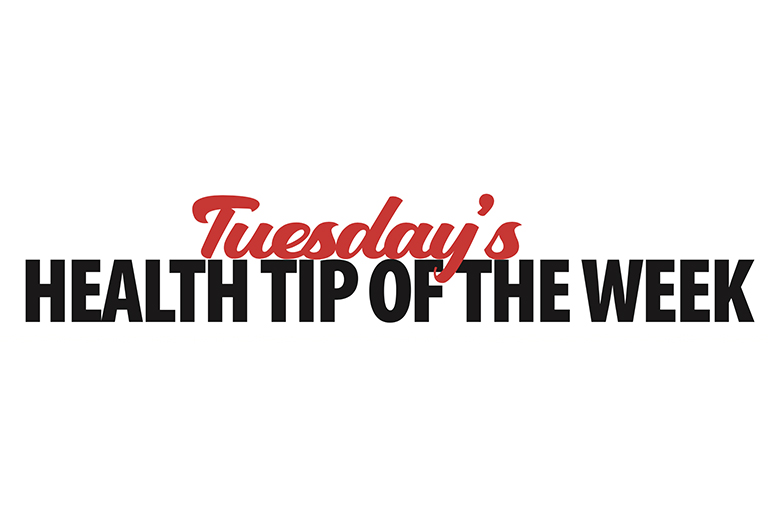Century Park Blog

Loneliness and social isolation are widespread problems in the United States. Surveys suggest that 1 in 3 US adults aged 45 and older feel lonely. Even though technology connects us now more than ever, it can also disconnect us from people around us, leading to feelings of loneliness.
Loneliness and social isolation can do more harm to our health that we realize. Social isolation increases the risk of dementia by 50%, risk of stroke by 32%, and risk of coronary heart disease by 29%.
Anyone can feel lonely, but some people may have a harder time connecting with others. The good news is that you can take steps to ease social isolation and loneliness and improve your health and well-being.
Social connectedness is when you feel like you belong and have the support and care you need. People with meaningful social connections have:
- Less stress and better sleep
- Better overall health that can lead to a stronger life
- Healthier habits and behaviors
- Better quality of life and a sense of belonging
Improving social connections can take time. There are no official guidelines or a one-size-fits- all strategy, but these tips can help:
- Invest time in nurturing your relationships.
- Explore ways to meet new people like joining a club or taking a class.
- Share things you already do (like exercising) with a friend – or try new activities with them.
- Find ways to be responsive, supportive, and grateful to others.
- Reduce practices that lead to feelings of disconnection from others, like excessive social media use.
- Talk to a health care provider if you are concerned about stress, loneliness and social isolation to ensure you are taking care of your mental health.



